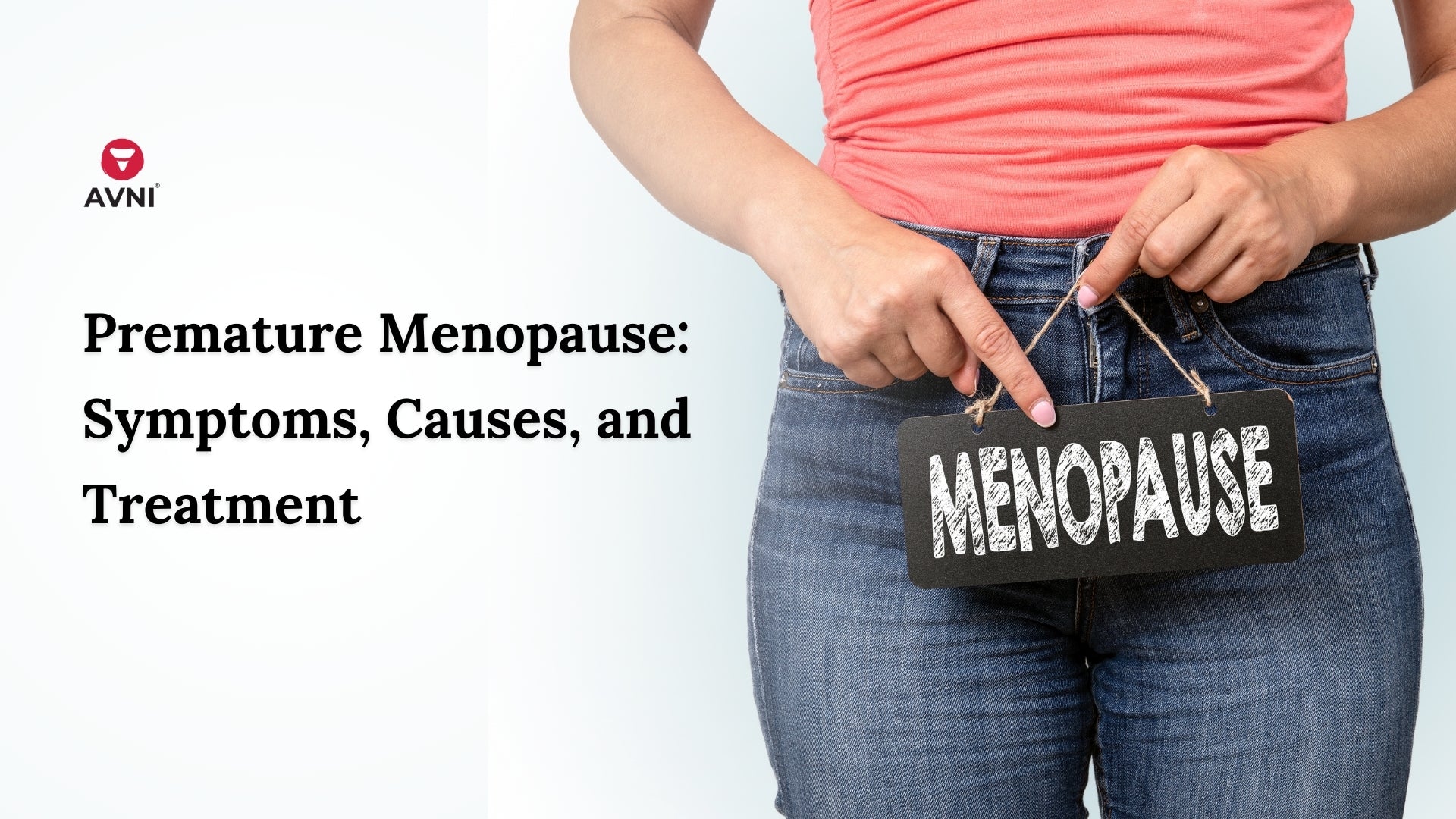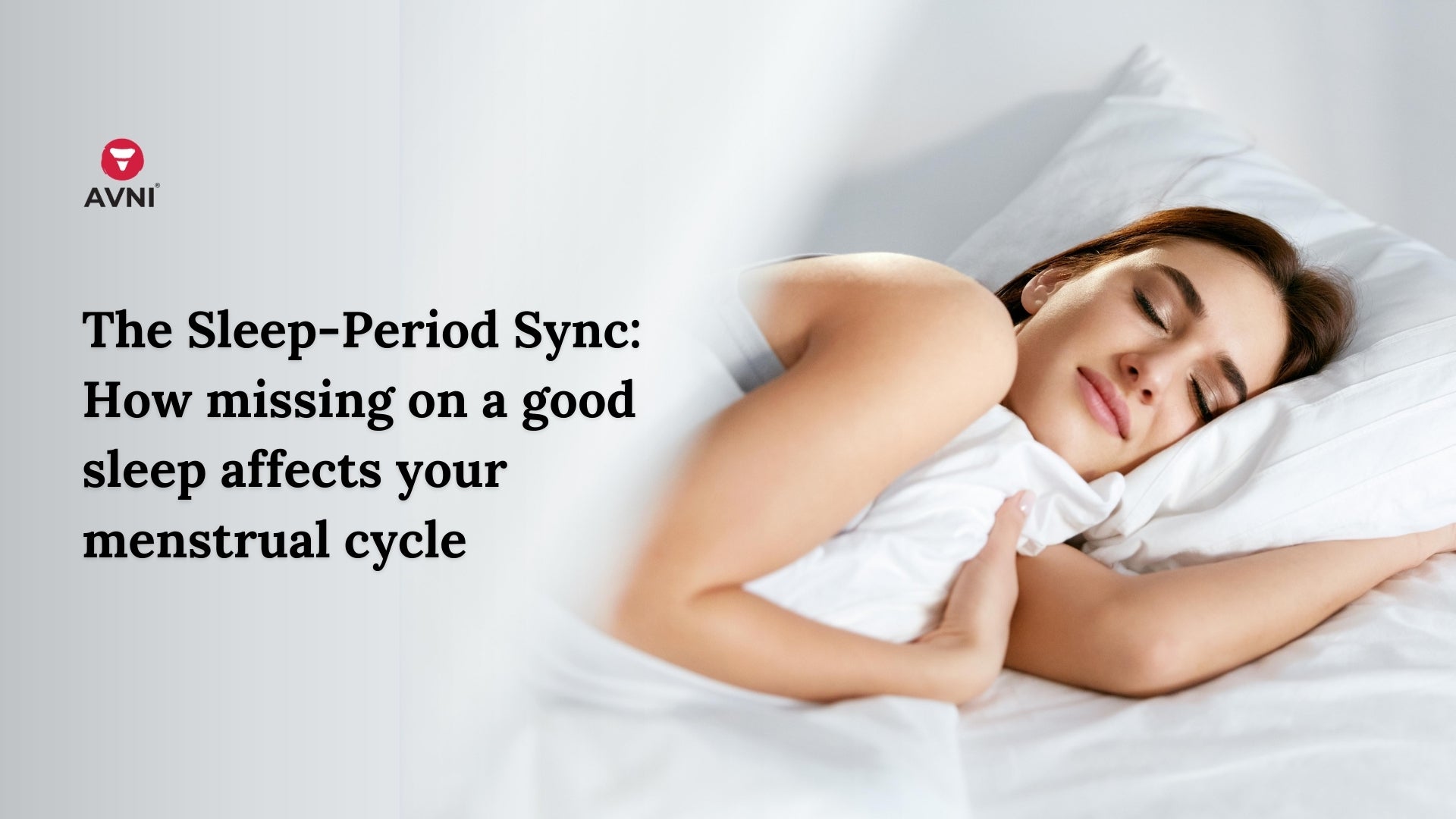
Premature Menopause: Symptoms, Causes, and Treatments
Introduction: Premature Menopause Symptoms and Signs
Premature menopause is a condition in which menstruation ceases before the age of 40. The condition affects about one out of every 1,000 women and can lead to a number of unpleasant symptoms.
Premature menopause can be caused by different things.
It may be due to ovarian failure or premature ovarian aging, which is when the ovaries stop working earlier than they should. It may also be due to a medical treatment like chemotherapy or radiation therapy that damages the ovaries. It could also happen after surgery on the ovaries.

Premature menopause can also happen when there is an abnormality in one of the two X chromosomes, as well as other less common reasons like auto-immune diseases infections like tuberculosis, and even cancer treatments including radiation. .
Symptoms of Premature Menopause
While the symptoms are different for every menopausal person, there are some of the most common symptoms that hit home for almost everyone.
Some of the symptoms include
- hot flashes
- night sweats and sleep problems
- vaginal dryness and painful sex
- depression and mood swings,
- difficulty concentrating and memory loss.

In some cases, symptoms also include irregular periods with long intervals between them or no periods at all for at least 6 months in a row.
Medical Causes of Premature Menopause
Premature menopause can be caused by a number of medical as well as lifestyle conditions.
Some of the medical conditions that can cause premature menopause are:
Ovarian cysts: Ovarian cysts are a common condition among women. The ovaries produce eggs and hormones, and they also release fluid. Ovarian cysts are formed when the fluid from the ovary builds up, causing pressure on the surrounding tissues and organs. This affects the body’s ability to produce hormones and that often contributes to the pre-menopausal cycle.
Chemical and physical exposures: Chemical exposure interferes with the body’s natural process which leads to diseases and constraints. One of the examples is exposure to tobacco. Many studies suggest that smokers are highly likely to suffer from perimenopause. This maybe because the hydrocarbons in tobacco affect the hormonal cycle of the body, leading the consumers to the onset of menopause. Other environmental factors like exposure to pollutants or harmful rays also affect the natural menopausal cycle of the body.
Hormonal imbalances: Hormonal imbalance is often the cause of an early onset of menopause. This imbalance is usually characterized by declining estrogen levels. Estrogen play a vital role in the female reproductive system and an early reduction of these hormones can lead to menopause.
Some lifestyle choices that may result in hormonal imbalances include: stress, eating a diet high in processed foods or sugars, not getting enough exercise or sleep (also called sleep deprivation), a lack of physical activity (such as sitting at a desk all day), smoking cigarettes or drinking alcohol excessively.
Genetics can also play a role in hormone production because it determines how your body reacts to different hormones. For example, some people inherit an abnormal gene from one parent that makes it difficult for their bodies to produce estrogen naturally. This is called "estrogen dominance."
Stress: During stress, the body’s natural defense mechanism goes for a toss. It is during this time when the adrenal gland starts producing cortisol and adrenaline instead of the reproductive hormones estrogen as well as progesterone.
This is counteractive for the female body as it is eventually primed to not give birth and thus, starts moving towards menopause. This unnatural pathway to menopause cleary depicts that stress is directly correlated to premenopause.
Medications: There is no proper research to back up the claims where medications lead to menopause. However, via indirect means like any hormone impacting medication can curtain the production of estrogen, leading to early menopause.
Diseases or infections: Genetic diseases like Turner syndrome directly impact the body’s chromosome structure, leading to hormonal imbalance in the body. Certain studies suggest that auto-immune diseases nudges the body to attack healthy tissues, which may also result in menopause.
Premature Menopause Treatments
While there is no cure for premature menopause, it can be treated with hormone therapy or other medications that help with the menopausal symptoms.
In certain cases, home remedies may also help at least alleviate the impact of perimenopause. Healthy lifestyle choices including an active lifestyle and a balanced diet, can help manage the effects of perimenopause.
Visit Your Doctor
While perimenopausal is not an unnatural process, getting the right support helps ease the journey. Before you make an appointment, ensure that you have your record of your menstrual cycles, know your symptoms, have noted down any genetic issues and have a list of medications (if any) that you consume.
Your doctor will be able to help you manage this transition and empower you to embrace this journey with right advice as well as support.



Leave a comment
This site is protected by hCaptcha and the hCaptcha Privacy Policy and Terms of Service apply.